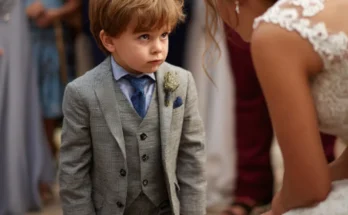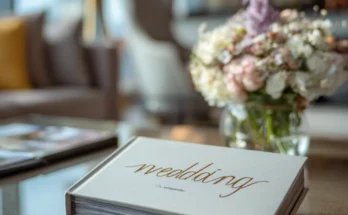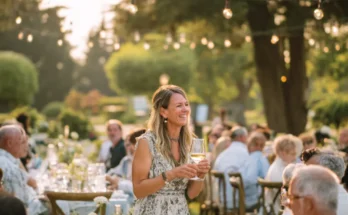The will was read on a rain-bruised Tuesday. My sister, Mara, sat with her hand on our stepmother’s wrist; my brother, Joel, stared at the carpet like it owed him money. The lawyer spoke in a voice polished smooth by other people’s grief. When he finished, I had nothing—no watch, no book, not even a joke from my father’s bad collection. Just my name, absent as if erased.
I went home with silence in my pockets. That night, a courier knocked: an old envelope with my father’s handwriting and a folded map inside—our riverside town traced in pencil, with an X where the rail yard meets the water. Beneath it: “For the one who learned to listen.” No signature, no explanation.
At dawn I went alone. The rail yard smelled of rust and wet wood. The X marked a half-rotten piling. I pried up the plank and found a tin box, the kind that once held biscuits. Inside: a compass, a fountain pen, and a letter.
“My boy,” it began, “if you’re reading this, the will told a lie on purpose. Money sets fires, and I feared what it would burn. The inheritance is yours—but only if you share it rightly. The map is proof you heard the stories I told by the river and remembered where the current slows. Bring your siblings here. Make them choose with you.”
I called Mara and Joel. They arrived furious, flinging accusations like stones. I said nothing, just handed them the compass and read the letter aloud. Rage softened into something raw and old. We opened the second envelope together: account keys, deed copies, a list of charities, and a final line—“Fortune is a tool. Tools can build or break. Decide which.”
We argued until the gulls gave up their gossip. Then we began to plan. A scholarship in our mother’s name. The clinic’s new roof. A trust that released funds only if all three of us signed. We chose stipends instead of salaries, stewardship instead of ownership. It wasn’t noble at first; it was simply safer.
Months later, the lawyer adjusted the record. Our stepmother, freed from suspicion, brought us the watch my father wore on Sundays. We passed it from palm to palm, feeling the tick stitch us back together.
In the end, the will had been a match; the map, a bucket. We could have fed the fire. Instead, we learned how to carry water.


